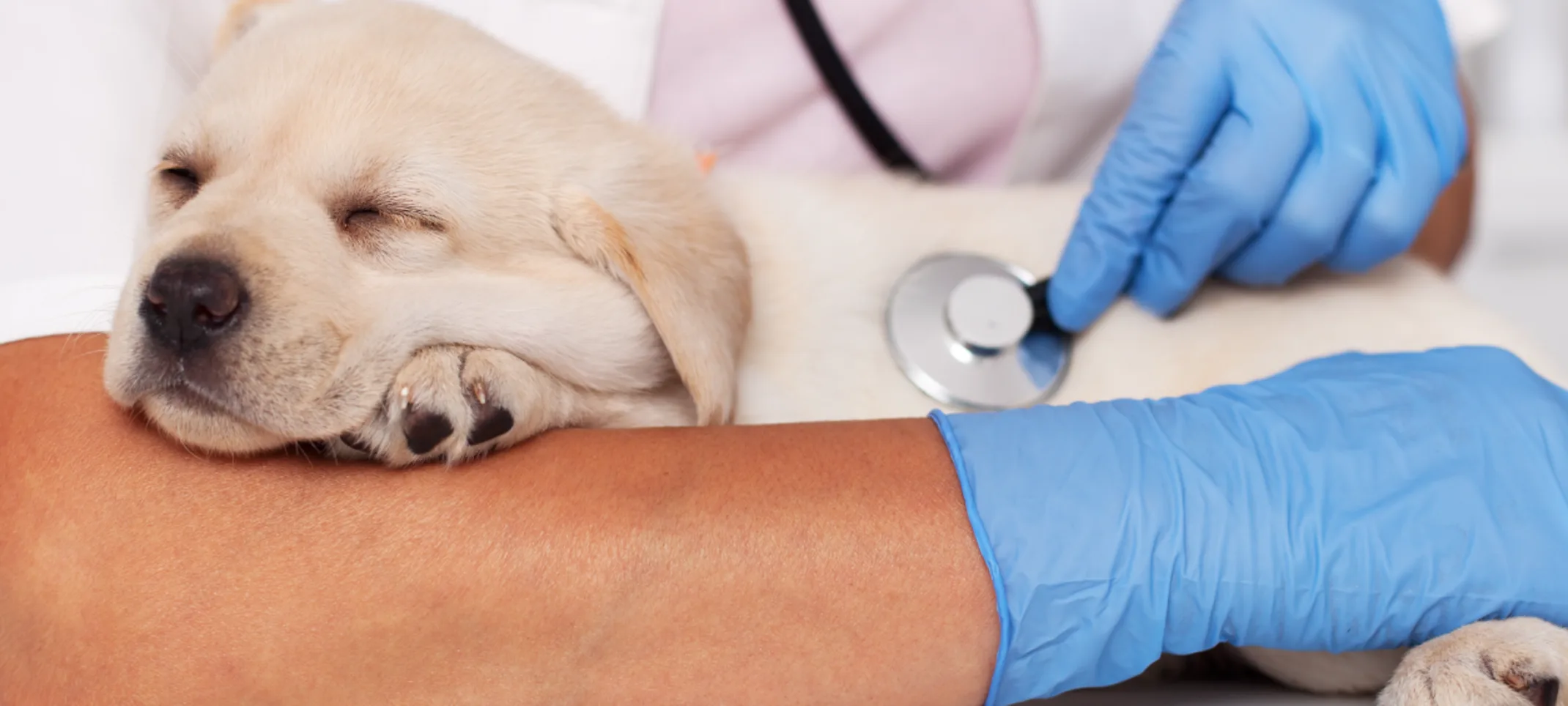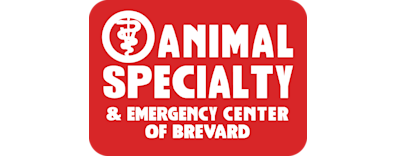Animal Specialty & Emergency Center of Brevard
Heat Stroke
Normal body temperature for a canine is between 101° and 102.5°.

Heat stroke is more than just being “hot” and needing to cool off. Heat stroke begins with heavy panting and rapid, difficult breathing. The body becomes weak and loses its ability to regulate temperature, causing internal body temperatures to soar to more than 104°+. The tongue and mucous membranes appear bright red. The pet becomes progressively unsteady and often has bloody stool caused by organ damage. As shock sets in, the lips and mucous membranes turn gray. Collapse, seizures, coma, and death can rapidly follow.
Heat stroke is something the veterinarians at Animal Specialty and Emergency Center of Brevard are all too familiar with – a serious emergency that requires getting to a veterinary hospital as quickly as possible.
Treatment for heat stroke often Involves:
IV fluid therapy
Plasma
Medications
Continuous nursing care and monitoring of vital signs
Daily blood work to monitor kidney and liver function
Hyperbaric oxygen therapy
ABOUT HEAT STROKE IN PETS:
Help your pet avoid heat stroke by walking them in the early morning and late evenings. Be sure your pet has plenty of water and never leave them out in the sun unattended (including in a dog house or a vehicle) for long periods of time. Pets with thick coats, dark fur, those with heart conditions and pets that are overweight are more likely to suffer from heat stroke. Even pets that are in good physical condition can run into trouble on a day that is more hot and humid than usual.
If a pet is experiencing heat stroke, emergency measures to cool the pet must begin at once. Move the pet out of the heat, preferably into an air-conditioned building. Take the pet’s rectal temperature. If the temperature is above 104°F, begin rapid cooling by spraying or pouring cool (not ice cold) water on the pet then transport your pet to the veterinarian as soon as possible.
If your pet is experiencing heat stroke, do not wait any longer! Call us at (321) 725-5365 and bring your pet to the hospital immediately.
